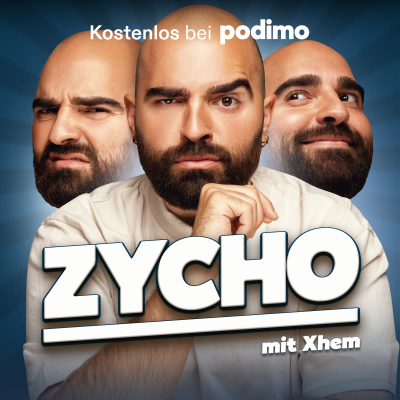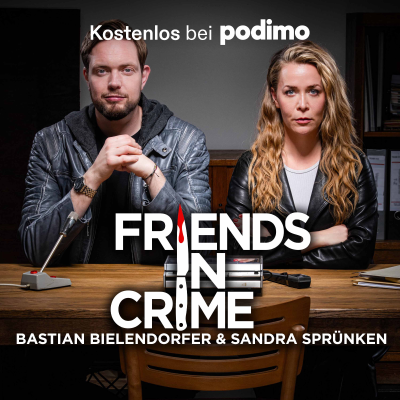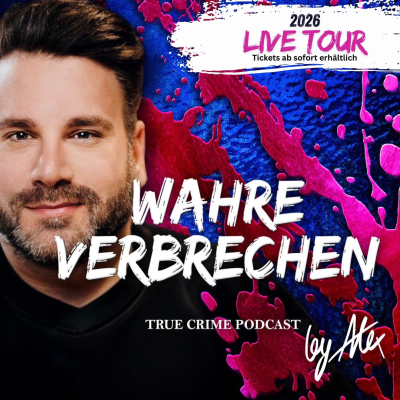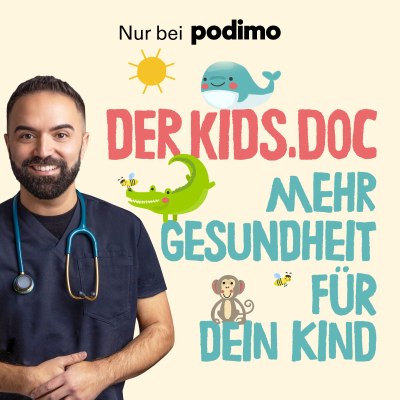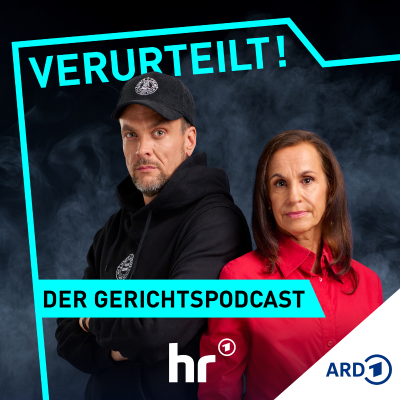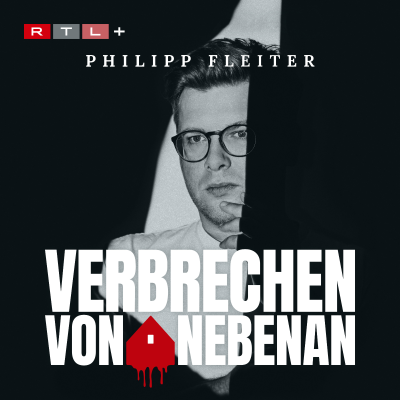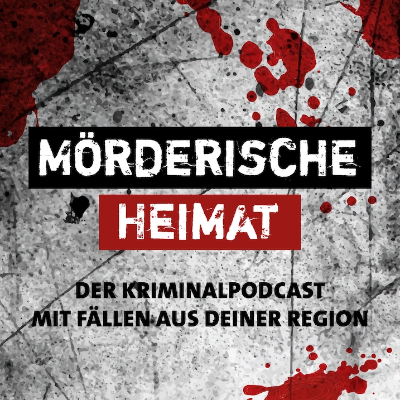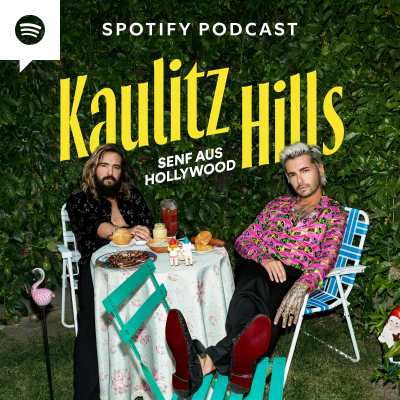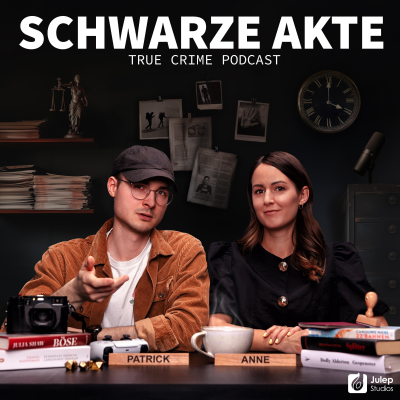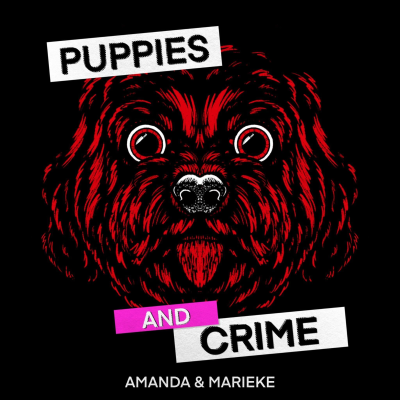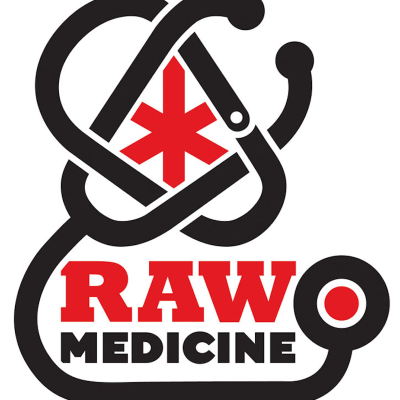
RAW Medicine
Podcast von Seth Collings Hawkins & David Fifer
Nimm diesen Podcast mit

Mehr als 1 Million Hörer*innen
Du wirst Podimo lieben und damit bist du nicht allein
Mit 4,7 Sternen im App Store bewertet
Alle Folgen
14 FolgenWe're joined by Dr. Michelle Curry, the new EMS medical director of the U.S. Forest Service (USFS). As of this episode, the USFS EMS program is just now coming into its own, with a uniform set of policies, Local Emergency Medical Advisor (LEMA) physicians appointed for each USDA Region, patient care protocols, and a national credentialing system. However, there are some big differences between the USFS EMS program and that of the National Park Service, to which it is often compared.
On Episode 13, we explored the role of WFR's and challenged some aspects of the way they're educated and regulated (or not). In this episode, Tod Schimelpfenig (recently retired Director of Curriculum at NOLS WMI) and David "DJ" Johnson (Medical Director of WMA International) join us to share their thoughts on some of those points. The conversation is frank but friendly, and outstanding!
WFR (Wilderness First Responder) is arguably the nucleus of wilderness medicine education. But what does it really represent- first aid, Basic Life Support, or some kind of hybrid? Where did this curriculum originate, and is it still appropriate in today's highly regulated world of patient care? Veteran WFR instructor Corey Winstead joins us to help put WFR in context and consider some provocative questions about the future of wilderness medical education.
We talk with Justin "Padj" Padgett, co-founder of Landmark Learning- about the nature of excellence and its nexus with wilderness medicine practice and teaching. Padj has spent his professional life thinking about and researching excellence, and is renowned throughout the outdoor industry for imbuing it into the Landmark method.
SARS-CoV-2 is a novel virus at the time of this episode, but there are already some lessons that can be applied to SAR responses involving known or suspected COVID-19 patients. We discuss respiratory protection for responders, airway management and resuscitation strategies, modifications to response protocols, and personal protection/decontamination considerations.

